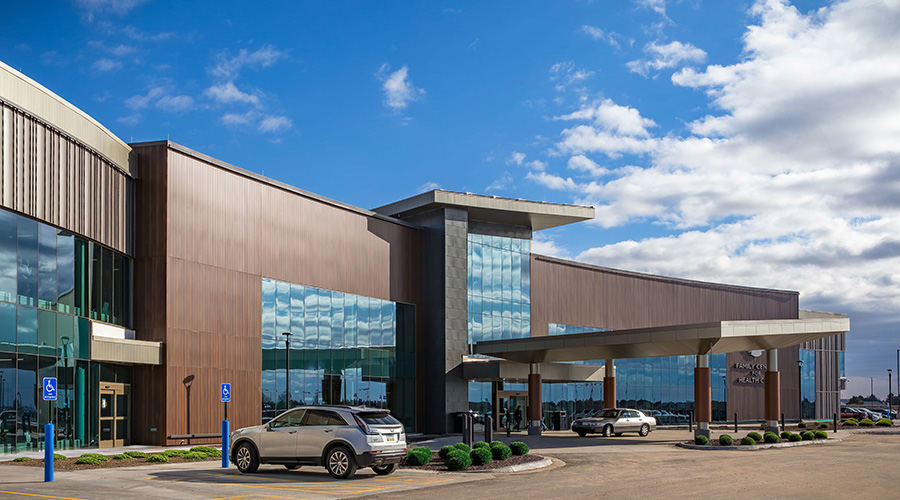Pennsylvania-based Geisinger food service department health with a number of changes during the pandemic. For instance, it scaled down menus to serve a much smaller patient population and managed growing food shortages, according to an article on the Food Management website.
Also, with many employees working from home, their retail business also shrunk. It also required a number of modifications, especially in service style.
Salad bars, soups and some of the entrées were self-serve, but that all changed.
The make-your-own stations are now staffed and shielded. The salad bars have morphed into made-to-order stations, with a staff member on one side of the shield and the customers indicating their preferred salad mix.
But even though though healthcare operators may be facing a new normal but their business is less likely to see longer-term impacts than other food service segments. A recent survey showed that 45 percent of healthcare operators are “cautiously optimistic; expect our operation to come through this stronger than ever.”
The largest group, 55 percent of healthcare operators, are “worried, but fairly confident our operation will get through this in one piece,” according to an earlier Food Management article.
Read the full Food Management article.

 Assisted Living Facility Violated Safety Standards: OSHA
Assisted Living Facility Violated Safety Standards: OSHA McCarthy Completes Construction of Citizens Health Hospital in Kansas
McCarthy Completes Construction of Citizens Health Hospital in Kansas California Tower at UC Davis Health Topped Out
California Tower at UC Davis Health Topped Out What 'Light' Daily Cleaning of Patient Rooms Misses
What 'Light' Daily Cleaning of Patient Rooms Misses Sprinkler Compliance: Navigating Code Mandates, Renovation Triggers and Patient Safety
Sprinkler Compliance: Navigating Code Mandates, Renovation Triggers and Patient Safety